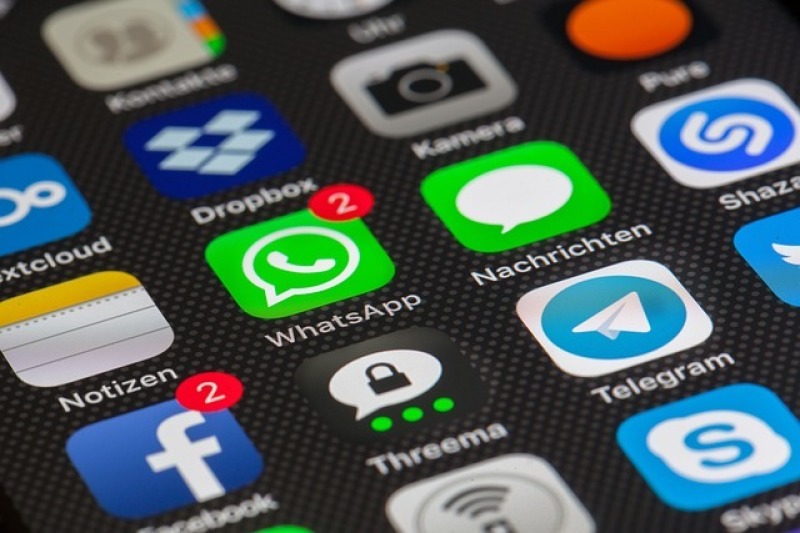
Ukrainian Culture Minister Oleksandr Tkachenko has shed light on Russia's disinformation campaign surrounding the removal of Christian relics from the renowned Kyiv-Pechersk Lavra monastery. Tkachenko recently addressed the issue, asserting that Russia has been spreading falsehoods to create unrest and tarnish Ukraine's cultural heritage.
Russia's Disinformation Campaign Against Ukraine
One of the Russian propaganda outlets, RIA Novosti, claimed that Kyiv and UNESCO had reached agreements to relocate the relics, intending to transfer them to various museums across Europe, including those in Italy, France, Germany, and the Vatican. However, based on a report from Yahoo News, on June 26, Tkachenko firmly reassured the domestic and international communities that no relics could leave Ukrainian soil.
The controversy surrounding the Kyiv-Pechersk Lavra dates back to March when the state ordered the Russian Orthodox Church (ROC) to vacate the premises due to the termination of their rental agreement with the state-owned organization responsible for managing the site. After a prolonged standoff, representatives of the ROC eventually allowed a commission from the Ministry of Culture to assume control over the state property at the Kyiv-Pechersk Lavra in early April. Yet the ROC has persisted in conducting religious services at the monastery under the leadership of Metropolitan Onufriy.
Moreover, according to a report from Anadolu Agency, the chief of Russia's intelligence service, Sergey Naryshkin, has made a bold claim, stating that a collection of Byzantine icons was illicitly taken out of Ukraine with the assistance of a Swiss non-governmental organization called the International Alliance for the Protection of Cultural Heritage in Conflict Zones, working with UNESCO. As mentioned, Naryshkin highlighted that those precious icons were initially presented to Ukraine in the 15th century by Bishop Porphyry, the head of the Russian Ecclesiastical Mission in Jerusalem. The icons were initially gifted to Ukraine from the Sinai Monastery of St. Catherine. However, in 1940, Soviet authorities transferred them to the collection of the Kyiv Museum of Western and Oriental Art, where they had been securely housed after World War II.
Also Read:Russian Orthodox Church Removes Archpriest Amidst Obstruction Allegations
Effectiveness of Russia's Disinformation Campaign
Russia has significantly enhanced the effectiveness of its disinformation campaigns on social media platforms. The leaked material, shared on the Discord chat platform, reveals claims made by Russian operators of fake social media accounts, stating that they are detected by social media platforms only 1% of the time. Accordingly, the disinformation network responsible for these activities is known as Fabrika, as disclosed in the leak.
The Guardian reported that the analysis of Russia's propaganda efforts encompasses various platforms such as Twitter, TikTok, Telegram, and YouTube. The undated document, reportedly prepared by the US joint chiefs of staff, US Cyber Command, and Europe Command, references internet activity in late 2022. It indicates that the Fabrika network operates under Russia's Main Scientific Research Computing Center, which directly serves the presidential administration and has been striving to improve its disinformation work. Despite Western sanctions against Russia and Moscow's measures to control social media platforms, Fabrika reportedly appears to be succeeding in promoting pro-Russian narratives and exerting control over the domestic information environment, the leaked document states.
Related Article: Russia Destroys Church in Ukraine with S300 Missile Amidst Fierce Fighting in Eastern Strongholds, Says Ukrainian Military



















